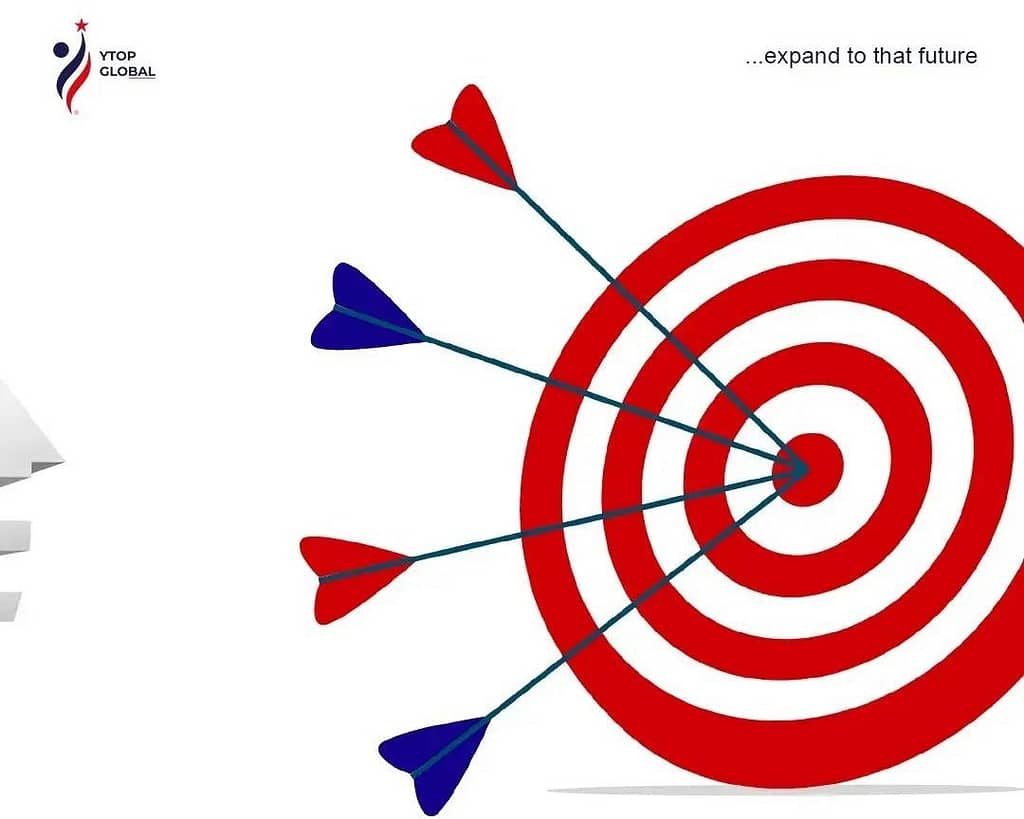Time is one of the most valuable resources we have. It’s the only resource that, once spent, we can never get back. Each day offers exactly 24 hours, and how we use those hours plays a critical role in determining our success, productivity, and overall well-being.
But how do we ensure that we’re truly making the most of every hour? This is where time management becomes crucial. Time isn’t just something to pass by; it’s a tool we can harness to shape our future, both personally and professionally.
Time is one of the most valuable resources we have. It’s the only resource that, once spent, we can never get back. Each day offers exactly 24 hours, and how we use those hours plays a critical role in determining our success, productivity, and overall well-being.
But how do we ensure that we’re truly making the most of every hour? This is where time management becomes crucial. Time isn’t just something to pass by; it’s a tool we can harness to shape our future, both personally and professionally.

Why Does Time Management Matter?
Before diving into strategies, it’s important to ask yourself: Why is proper time management important to me? This is a question that needs careful thought. Consider your personal and professional goals.
Do you want to increase productivity? Effective time management allows you to achieve more in less time, ensuring that you’re not just busy, but productive.
Are you striving to achieve personal or professional goals? Proper time allocation can help you focus on what’s truly important, whether it’s advancing in your career or achieving personal milestones.
Do you feel overwhelmed by tasks and need better control over your schedule? Often, a lack of time management leads to feelings of stress and burnout. Taking control of your time can help alleviate these feelings.
Understanding your why is the first step. Once you recognize what you hope to achieve, you can begin translating that awareness into effective actions that align with your goals.

How to Effectively Manage Your 24 Hours
Effective time management doesn’t have to feel overwhelming. It’s all about starting simple and building up gradually. By implementing a few structured steps, you can gain control over how you spend each day.
List everything you need to accomplish for the week. Writing down all your tasks for the week provides clarity and helps you understand the scope of your responsibilities. By seeing everything in one place, you’ll be able to prioritize what matters most.
Break the list into daily tasks to make them more manageable. Once you have your weekly list, break it down into daily tasks. This makes your goals feel more achievable and keeps you focused on accomplishing smaller chunks of work rather than being overwhelmed by the larger picture.
Set clear daily goals. The key to productivity is focus. When you have a defined goal for each day, you can track your progress and ensure you’re moving in the right direction. These goals should be specific, measurable, and achievable within the day’s time frame.
Follow through consistently until time management becomes a habit. Time management is like any other skill: the more you practice it, the better you become. By sticking to your plan and being consistent, you’ll start to build positive habits that help you stay on track.
Simply making a to-do list isn’t enough. To truly make your list effective, you must consider the following:
Assign specific time slots to each task. This ensures that you allocate enough time for each task and prevents you from underestimating how long something might take.
Stick to your schedule. When you set a time for a task, honor that time. If you push tasks off or fail to stick to your schedule, it can lead to stress and feelings of failure.
Stay realistic and allow time for breaks. If you over-schedule, you risk burning out. Build in breaks and give yourself time to recharge. This keeps your energy up throughout the day and ensures sustained productivity.

Evaluating Your Daily Productivity
Planning is only part of the equation. To truly maximize your time, you need to evaluate how effectively you’re using it each day. Self-reflection at the end of each day can provide valuable insights into what worked and what didn’t.
Did I accomplish my goals for today? Check off the tasks you’ve completed. Did you meet your expectations? Celebrate your victories, no matter how small.
Where did I waste time? We all have moments where we get distracted. Identify these moments so you can avoid them in the future. Were you scrolling on social media when you should’ve been focused on a task?
Which tasks took longer than expected? Evaluate why some tasks took more time than anticipated. Is it because you underestimated the time needed, or did you face unexpected challenges? Understanding why something took longer can help you plan more accurately in the future.
Once you reflect, reward yourself for the progress made. Small wins help maintain motivation. For tasks that remain unfinished, carry them into the next day and adjust your priorities accordingly. Don’t let these unfinished tasks accumulate into an overwhelming to-do list.
Don’t wait until “the right time” — start now. Life rewards those who know where they’re going and take steps early.
In this distracted world, self-discovery is your superpower.

Final Thoughts: What Next?
Time management isn’t about squeezing more tasks into your day; it’s about aligning your actions with your values and goals. The key to effective time management is developing discipline, setting priorities, and maintaining consistency.
So, what’s next? How will you start optimizing your time today? Identify one area of your time management you want to improve and take action. Remember, even small changes can have a significant impact over time.
The power to make the most of your time is in your hands—it’s all about making the right choices, starting now.
You are YTOP
